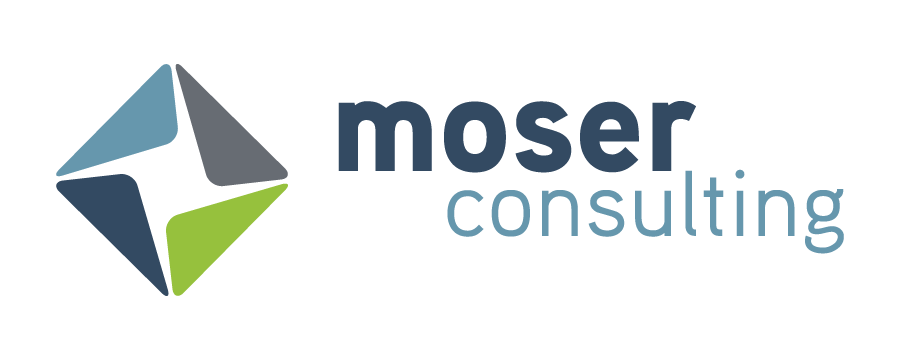How To Improve Self-awareness
No one can deny the importance of maintaining high self and social awareness in the workplace. However, these critical concepts are often pushed to the back burner in fast-paced work environments. Take the tech industry, for example. With intense competition and fast approaching deadlines, tech workers have a lot on their plate.
Because tech professionals are under so much pressure they can quickly begin to feel vulnerable, burnt out, and less confident. In fact, a recent survey found that 62% of tech workers feel physically and emotionally drained after their workday ends.
All of these feelings and stressors contribute to a lack of self-awareness. As these insecurities bubble up, people tend to become less aware of their feelings, motives, and behaviors—causing them to lash out at their coworkers, friends, and family.
And a lack of self-awareness isn’t just bad for people, it’s bad for business. Really, the less self-aware an employee is, the more difficult they are to work with. This affects the broader organization as a whole. One study reported that the employees of poor-performing companies were 79% more likely to have low overall self-awareness compared to companies with high success rates.
So, what’s to be done? Discovering how to improve self-awareness in the workplace begins by understanding the key concepts of self-awareness and sourcing methodologies that help employees become more mindful.
What Are the Three Areas of Self-awareness?
On a basic level, there are three elements that affect a person’s self-awareness.
1. Self-perception
Self perception is how you view yourself and is often influenced by positive and negative personal experiences. Some people suffer from negative self perception, which can be an influential factor in a lack of self-awareness. Most people with little self-awareness are plagued with self doubt and feel insecure. This often causes people to lash out in the workplace, and makes it difficult for them to accept constructive feedback with grace.
On the flip side, when a person has a healthy sense of self, they are more likely to:
Own up to their mistakes
Feel more confident
Take on new challenges
Better collaborate with their teammates
2. Mindset
There is power in positive thinking. Of course, everyone has negative thoughts—it’s inevitable. However, getting stuck in a negative mindset can be detrimental to your self-awareness and overall mental health. People who get stuck in a negative mindset often let their cynicism become a habit, which harms their ability to deal with even minor setbacks. If this goes on for long enough, a person might not even realize that their thoughts are mostly negative—which indicates that their self-awareness is significantly altered.
You can learn to develop healthy ways to cope with pessimistic tendencies by:
Talking about it in therapy
Taking a break when you’re feeling defeated or frustrated
Spending more time with friends and family
Focusing on your hobbies
Participating in physical activities
None of these tactics will stop you from experiencing negativity, but they can help you work through these tough situations without damaging your self-awareness.
3. Emotions
Improving your self-awareness is about more than just regulating your emotions. You also need to focus on your emotional intelligence. This means improving your ability to realize the impact your actions, moods, and emotions have on other people. People with low self-awareness are less likely to realize when their actions have negatively impacted another person. In addition to seeking therapy, a person can improve their emotional intelligence by:
Being accountable for their actions
Being more careful with their words
Seeking out perspectives different from their own
What Are the Three Ways To Help Develop Self-awareness?
One study found that 95% of people think they’re self-aware, but only 10-15% truly are. Shocking, right? Thankfully, there are plenty of emotional intelligence self-awareness activities that people can pursue to improve their self-awareness. Here are a few of our favorites:
Practice Yoga or some form of meditation regularly. People can do this individually, or company leaders can organize group meditation sessions for their employees.
Journaling is a great way to check in with yourself and reflect on your behavior. You can use journaling to celebrate your achievements, identify areas of improvement, and set goals for yourself.
Taking a personality or strengths test can offer you greater insight into your personality and how you handle difficult situations. The Strengths Finder, Enneagram, and Meyers Briggs tests are three popular options that might be worth exploring! These tests are great on an individual basis, but they can also help entire departments of an organization better understand how to communicate and collaborate with one another.
You Must Know Yourself To Better Yourself
Being self-aware helps you to perceive issues more objectively and better understand if and how you contributed to the conflict. This can improve your relationships with friends, family, and work colleagues. Ultimately, becoming more self-aware allows you to improve your personal life, and your work life as well. If you want to learn more about how to improve your intentionality and perception in the workplace, check out Moser’s latest podcast episode!


